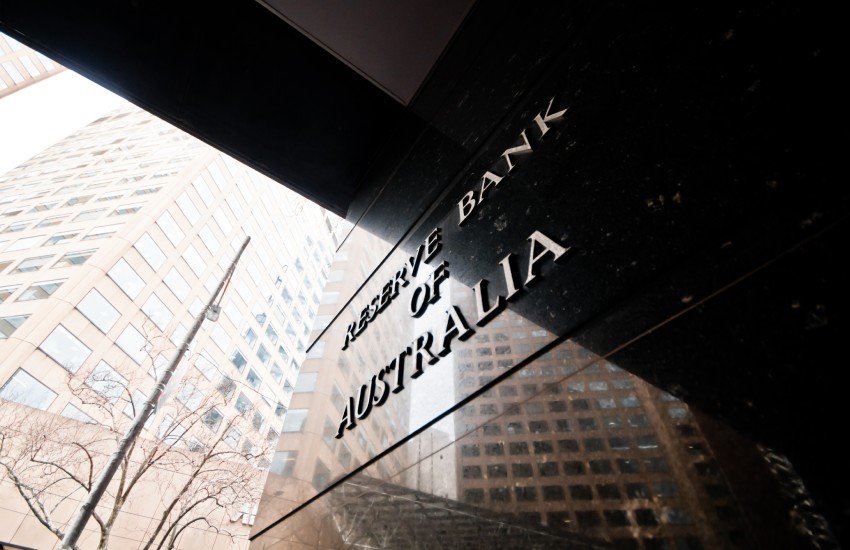The RBA has raised the case rate by 50 basis points to take it 0.85 per cent in response to a higher level of inflation than expected, a strong labour market and rising energy prices.
The second rise in two months follows more than a decade without any increases in the rate but the RBA said global conflict, COVID disruptions to supply chains and domestic factors were combining to lift inflation and it was expected to keep rising.
"Today's increase in interest rates by the board is a further step in the withdrawal of the extraordinary monetary support that was put in place to help the Australian economy during the pandemic," the RBA said. "The resilience of the economy and the higher inflation mean that this extraordinary support is no longer needed."
"While inflation is lower than in most other advanced economies, it is higher than earlier expected. Global factors, including COVID-related disruptions to supply chains and the war in Ukraine, account for much of this increase in inflation.
"But domestic factors are playing a role too, with capacity constraints in some sectors and the tight labour market contributing to the upward pressure on prices. The floods earlier this year have also affected some prices."
The bank said inflation was expected to increase further in the near term, driven by higher electricity, gas and petrol prices, plus a tight job market with further wages rises expected.
"The labour market is also strong. Employment has grown significantly and the unemployment rate is 3.9 per cent, which is the lowest rate in almost 50 years."
"Job vacancies and job ads are at high levels and a further decline in unemployment and underemployment is expected. The bank's business liaison program continues to point to a lift in wages growth from the low rates of recent years as firms compete for staff in a tight labour market."
It said economic uncertainty centred how household spending would respond to increasing pressure on budgets from higher inflation.
"The household saving rate also remains higher than it was before the pandemic and many households have built up large financial buffers."
"While the central scenario is for strong household consumption growth this year, the board will be paying close attention to these various influences on consumption as it assesses the appropriate setting of monetary policy."
The RBA would also pay close attention to the global outlook and monitor uncertainties related to COVID, especially in China.
"The size and timing of future interest rate increases will be guided by the incoming data and the board's assessment of the outlook for inflation and the labour market. The board is committed to doing what is necessary to ensure that inflation in Australia returns to target over time."

 Login
Login







